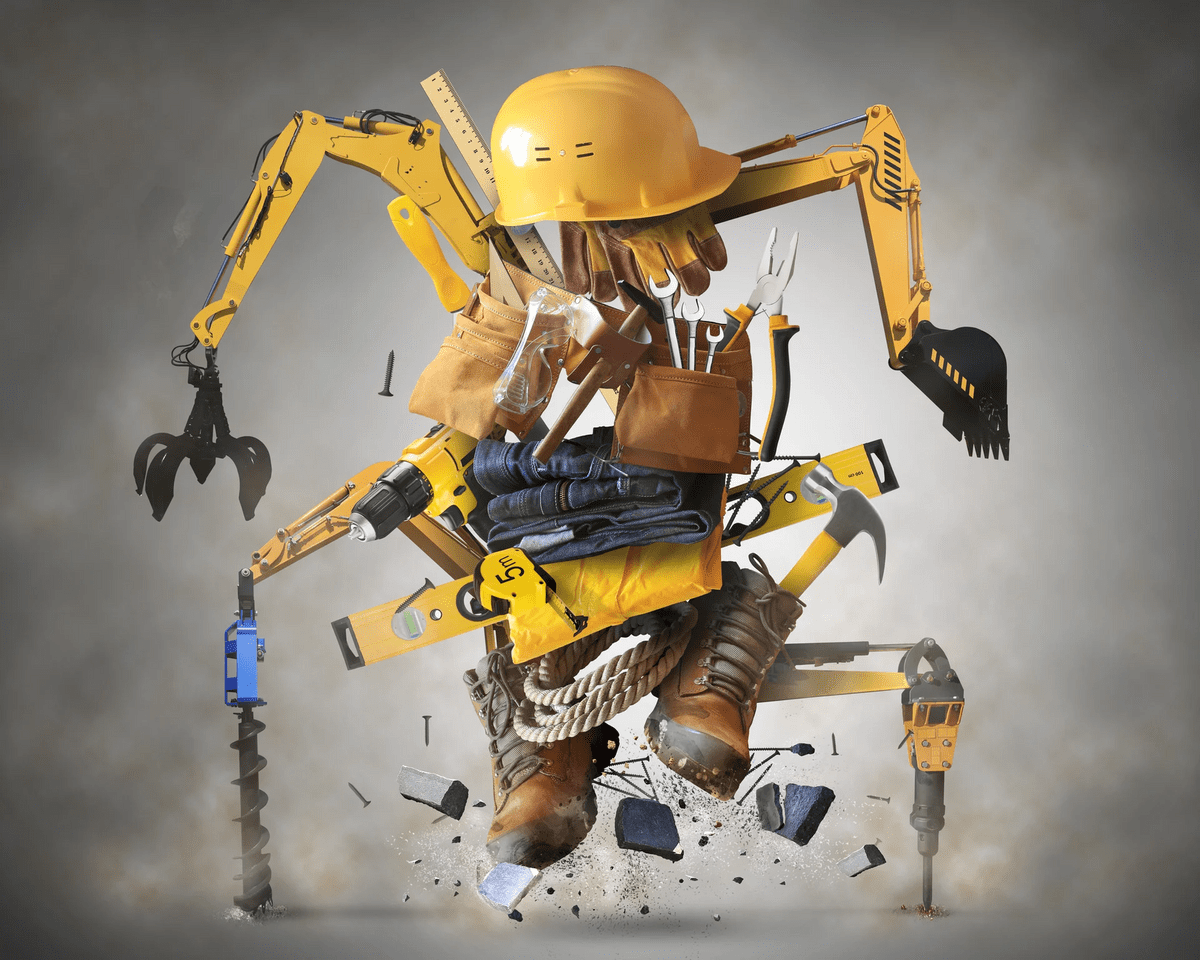
Are you a robotic enthusiast residing in the beautiful state of Kentucky? Are you eager to embark on your very own DIY robot project? If so, you're in the right place! Building your own robot can be an incredibly fulfilling and educational experience, and to help you get started, here are the top five essential robot parts you'll need for your project in Kentucky.
1. Microcontrollers: The Brains of Your Creation
Microcontrollers are the heart and soul of any robot. These miniature computers allow you to program and control every aspect of your creation. With a microcontroller, you can make your robot move, respond to external stimuli, and perform various tasks. Arduino and Raspberry Pi are two popular microcontroller platforms that offer excellent flexibility and compatibility for your DIY robot project.
2. Motors: Bringing Your Robot to Life
To create a robot that moves, you will need motors. Motors are responsible for converting electrical energy into mechanical motion. Servo motors, DC motors, and stepper motors are some common types you can use in your project. Servo motors are great for precise movements and positioning, while DC motors are ideal for continuous rotation. Depending on your robot's design and purpose, choose the appropriate motor(s) to bring it to life.
3. Sensors: Enabling Perception and Interaction
Sensors are essential for your robot to interact with its environment. They allow your creation to perceive and react to various stimuli, such as light, temperature, sound, and distance. For instance, proximity sensors can help your robot detect and avoid obstacles, while temperature sensors can enable it to respond to changes in the surroundings. Kentucky offers a wide range of sensors, including infrared, ultrasonic, and light sensors, allowing you to tailor your robot's sensory capabilities to your specific needs.
4. Power Supply: Keeping Your Robot Energized
A reliable power supply is crucial to keep your robot up and running. Depending on the power requirements of your project, you can choose between battery packs or AC/DC adapters. Battery packs offer portability and flexibility, allowing your robot to operate wirelessly. On the other hand, AC/DC adapters provide a constant power source but limit your robot's mobility. Consider the power consumption of your components and the desired runtime to select the most suitable power supply option for your DIY robot.
5. Chassis and Mechanical Components: A Solid Foundation
The chassis and mechanical components form the physical structure of your robot. They provide stability, support, and protection to all the electronic parts. When selecting a chassis, consider factors such as size, weight, and durability. Additionally, think about the type of robot you want to build. Whether it's a humanoid, wheeled, or quadcopter robot, choose appropriate mechanical components such as wheels, legs, or propellers to ensure optimal performance.
Conclusion
Embarking on robot parts KY project can be an incredibly rewarding experience. By equipping yourself with these essential robot parts – microcontrollers, motors, sensors, power supply, and chassis – you'll be well on your way to bringing your creation to life. Remember to explore and experiment with different components and designs to unleash your creativity. So roll up your sleeves, gather your tools, and get ready to build the robot of your dreams!